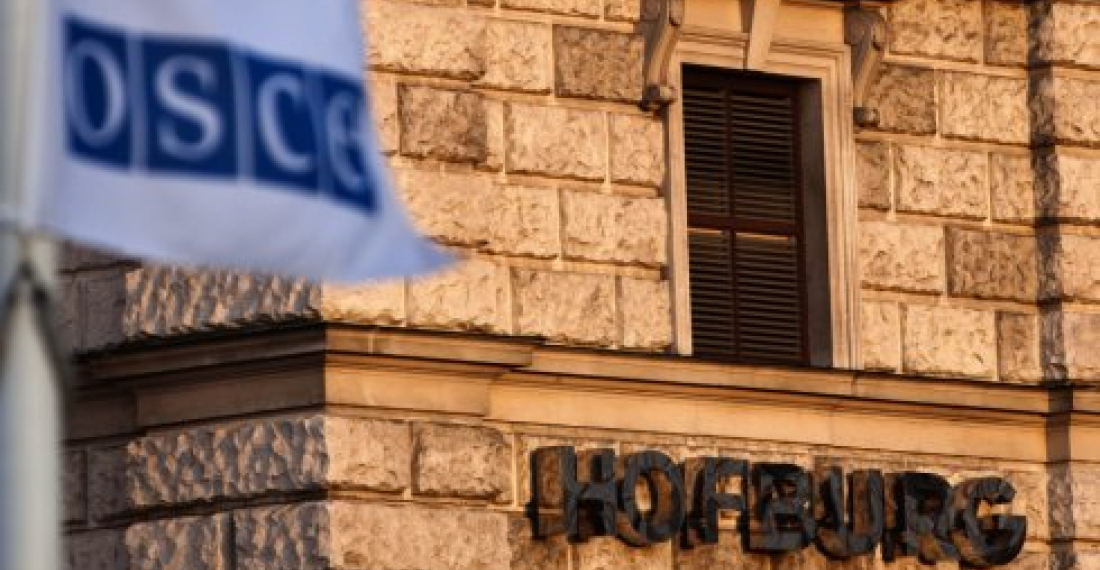The Co-Chairmen of the OSCE Minsk Group, Ambassadors Igor Popov of Russia, Stephane Visconti of France, and Richard Hoagland of the United States of America, on Thursday (18 May) issued a joint statement on the latest developments on the line of contact in the Karabakh conflict zone. The statement, published on the OSCE website said:
According to information collected from multiple reliable sources, on 15 May, Azerbaijani armed forces fired a missile across the Line of Contact, striking military equipment. On the evening of 16 May and continuing into 17 May, Armenian armed forces retaliated with mortar fire of various calibres. These actions by both sides represent significant violations of the ceasefire and are cause for alarm.
There are contradictory reports regarding the targets of these recent strikes, as well as about casualties sustained and damages inflicted. The Minsk Group Co-Chairs and the Personal Representative of the OSCE Chairperson-in-Office continue to collect further data and analysis to gain more complete and accurate information about the current situation.
The Co-Chairs condemn these recent ceasefire violations and call upon the sides to take all necessary measures to prevent any further escalation in the conflict zone.
The statement was dismissed by the spokesperson of the Azerbaijan Foreign Ministry, Hikmet Hajiev, as being characteristic of other statements of the three co-Chairmen. "The authors of the statement, which expresses concern regarding the ceasefire violation, once again turn a blind eye to the illegal presence of the Armenian armed forces' military equipment and personnel on the sovereign territory of Azerbaijan", he added.
Hajiyev said that "the presence of the Armenian armed forces in the occupied Azerbaijani lands is the main reason why escalation and ceasefire violations remain, and everyone knows this".
Hajiyev told Trend news agency:.
The OSCE Minsk Group co-chairs must also urge Armenia to continue substantive negotiations to find a political solution to the Nagorno-Karabakh conflict based on the UN Security Council's resolutions, On the day of the 25th anniversary of Armenia's occupation of the Azerbaijani Lachin district, Armenian President Serzh Sargsyan made a speech in the Armenian parliament, where he refuted the updated Madrid principles. Against this background, the standard statement of the OSCE Minsk Group co-chairs, only touching upon the issues of violation of the ceasefire regime, is very characteristic. About 80,000 people of the Lachin district, as well as residents of other occupied Azerbaijani territories, have been living for over 25 years as refugees and IDPs. The fact that the OSCE Minsk Group co-chairs didn't mention this in their statement is an unfair and biased approach.
The Foreign Minister of Armenia, Eduard Nalbandian, briefly touched on the statement of the OSCE Minsk Group co-Chairmen after a meeting with the Secretary-General of the Council of Europe in Cyprus. According to news.am, Nalbandian said that "by rejecting the creation of a mechanism for investigation [of ceasefire violations], Azerbaijan wishes to evade its accountability for the periodic ceasefire violations. But the non-standard statement, which the three co-chairs issued yesterday, clearly points out the guilty party."
source: commonspace.eu with agencies







